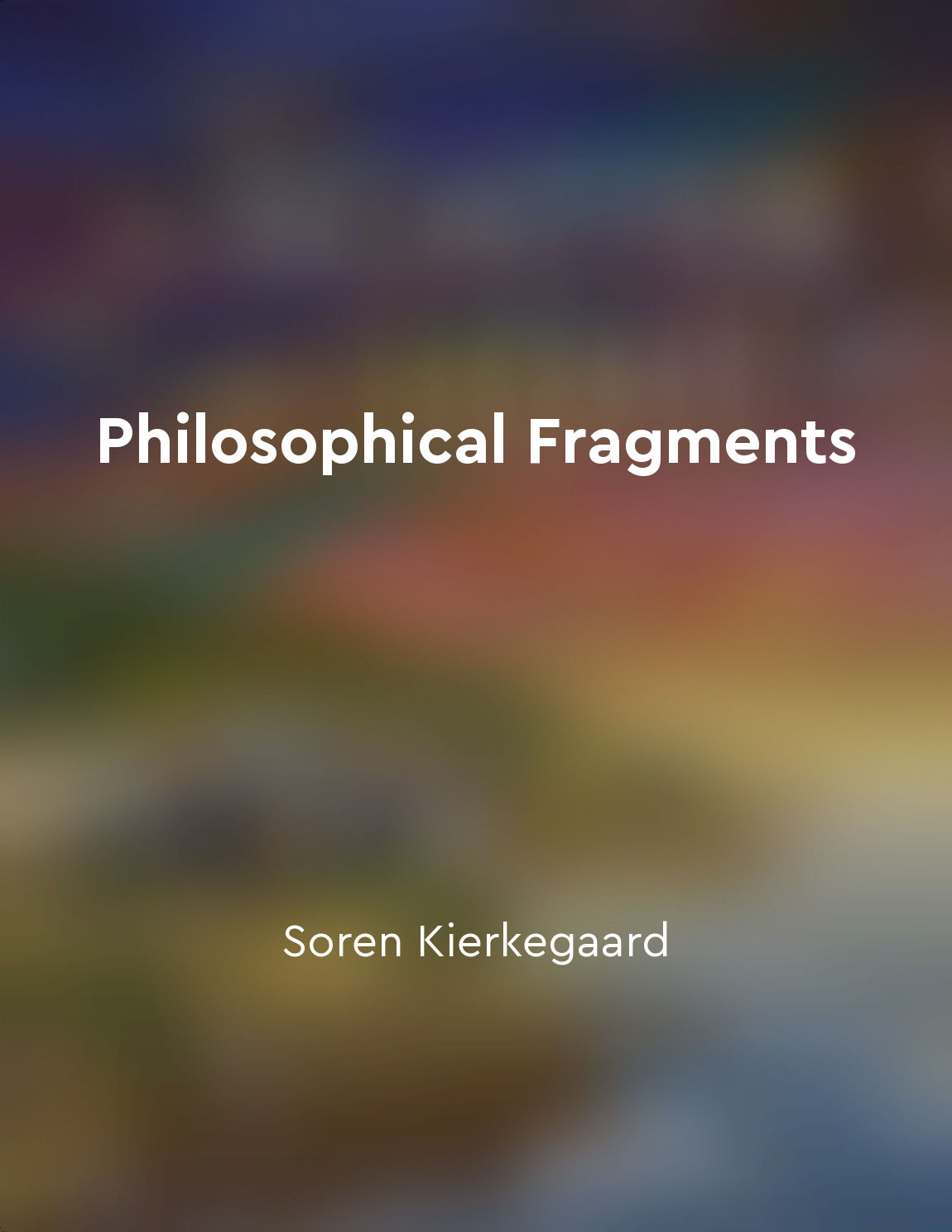Knowledge is limited to human perceptions and experiences from "summary" of A Treatise of Human Nature by David Hume
Human knowledge is, without a doubt, confined within the limits of our perceptions and experiences. It is through our senses that we acquire information about the world around us. Our perceptions of objects and events are the foundation upon which our understanding of reality is built. We can only know things that we have directly experienced or observed through our senses. When we see an object, we form a mental image of it based on the information provided by our senses. This mental image is the only knowledge we can have of the object. We cannot know anything about the object that is not derived from our sensory experience. Our knowledge is limited to what we can perceive and experience firsthand. Even when we reason about abstract concepts or engage in philosophical speculation, our knowledge is ultimately rooted in our perceptions and experiences. We may think about things beyond the reach of our senses, but our thoughts are still shaped by our sensory experiences. Our understanding of the world is constrained by the limitations of our senses. It is important to recognize the boundaries of human knowledge and to be humble in the face of our limitations. We cannot claim to have knowledge of things that lie beyond the scope of our perceptions and experiences. Our understanding is necessarily limited to what we can observe and sense.- Human knowledge is circumscribed by the boundaries of our perceptions and experiences. We can only know things that we have directly perceived or experienced through our senses. Our understanding of the world is constrained by the limitations of our sensory faculties. It is essential to acknowledge these constraints and to be mindful of the fact that our knowledge is always contingent upon our sensory experiences.
Similar Posts
Challenging authority through inquiry
The act of challenging authority through inquiry is a fundamental aspect of intellectual growth and societal progress. It invol...

The path to understanding oneself is through introspection and selfreflection
In the realm of self-discovery and personal growth, introspection and self-reflection serve as essential tools for individuals ...
We must consider the context and situation
When faced with a problem or situation, we often tend to jump to conclusions or make hasty decisions without considering the co...

The idea of a universal moral code is limiting and oppressive
The notion that there exists a universal moral code serves only to restrict and constrain individuals, depriving them of their ...
Intellectual curiosity is a powerful force for progress
Humans have always been curious creatures, driven by a desire to uncover the mysteries of the universe. It is this intellectual...
Consider all possible outcomes
When faced with a decision, it is crucial to take the time to carefully analyze all possible outcomes. This means considering n...
Reason goes beyond experience to discover truths
In our pursuit of knowledge, we must recognize the limitations of experience. Experience provides us with raw data, sensations ...
Justice is essential for maintaining societal order
In human society, justice plays a vital role in ensuring the maintenance of order and harmony among individuals. Without justic...

The authority of religious institutions should be challenged and questioned
It is essential for individuals to question and challenge the authority of religious institutions. Blindly following these inst...
There is no ghost in the machine
To hold the belief that mental processes are distinct from physical processes, as both Descartes and his followers have done, i...

